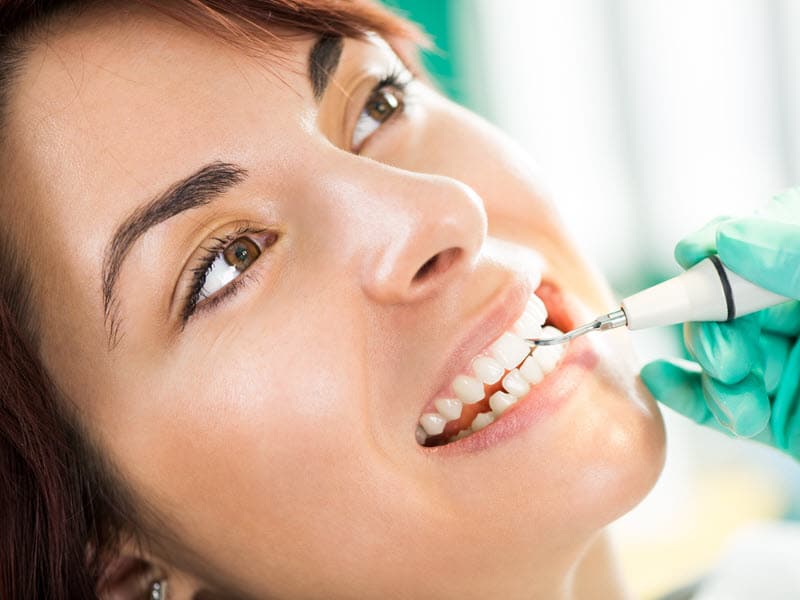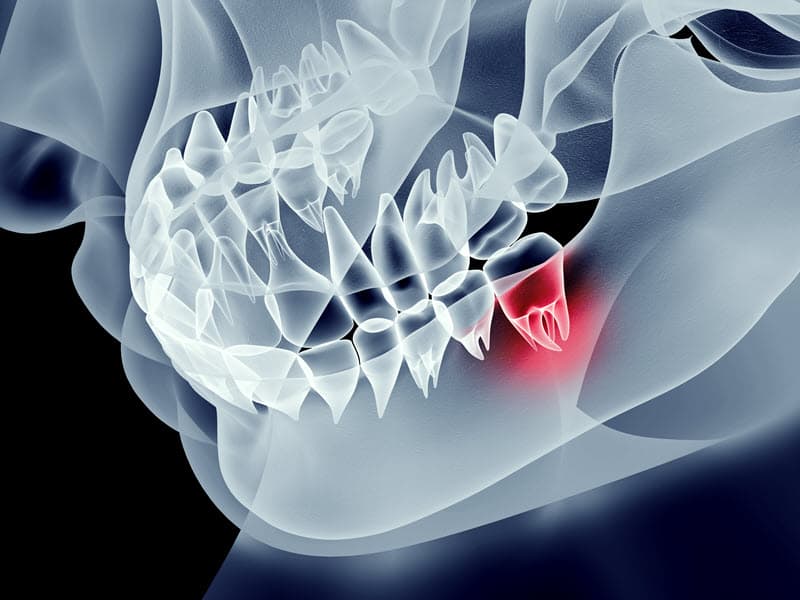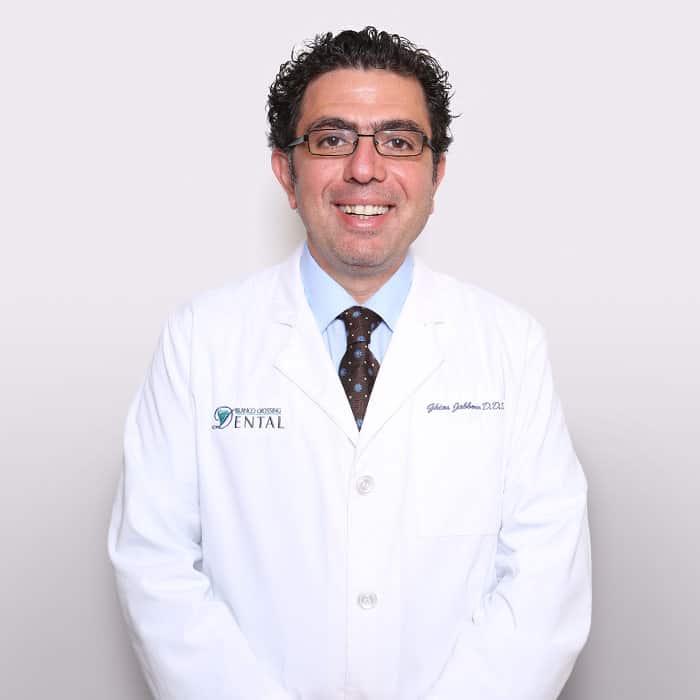Custom Fit Dentures in San Antonio
The loss of natural teeth can be caused by injury, tooth decay, or gum disease. Missing teeth can cause facial muscles to become weak and sag, impact speech patterns and make it difficult to enjoy many foods.
For adults in San Antonio, dentures are a natural-looking option to replace teeth. Dr. Jabbour of Blanco Crossing Dental offers two types of dentures – full dentures and partial dentures.
Full Dentures (aka Complete Dentures)
For patients that have lost all of their natural teeth, full dentures are recommended. Dr. Jabbour will make an impression of your mouth for a precise fit, and help select the correct shape, size, and color of the teeth. Prior to the custom-made dentures being fitted, your gums will need to heal from any tooth extractions. Once your gums have healed, our San Antonio dentist will insert the dentures to confirm they fit comfortably and are tight. Dr. Jabbor will also show you how to properly insert and remove the false teeth, as well as how to properly clean and store the oral appliance.
Partial Dentures
For patients that have not lost all of their natural teeth, but have lost more teeth than can be replaced by a dental bridge, partial dentures are recommended. Partial dentures are attached to a metal frame that is connected to your natural teeth and are used to fill in where permanent teeth have been removed. There are two types of partial dentures – removable and fixed. Removable partial dentures can be removed for cleaning or eating. Fixed partial dentures are similar to a dental bridge, in that they are cemented into place using the adjacent teeth for support.
Flipper (Temporary Partial Denture)
A temporary partial denture – also called a flipper – is an option for temporary teeth replacement in some circumstances. They’re lightweight and not very durable, but they are inexpensive and can serve as a temporary replacement while waiting for a more permanent tooth replacement option to become available.
Immediate Dentures
Immediate dentures allow patients to have biting and chewing function immediately after having their teeth extracted. Usually this occurs as part of a full mouth extraction. Hence the term “immediate denture” – you get a replacement set of temporary dentures the same day that your extraction occurs.
The dentures aren’t custom fit for your mouth, but they serve as a good substitute until your mouth fully heals and your custom fit dentures arrive – which can take a few months. They won’t look, feel or function quite as well as your original teeth or your custom fit dentures. They will be more likely to slip or cause irritation as they aren’t a perfect fit.
Dentures vs Dental Implants
Both traditional dentures and dental implants are viable teeth replacement options. With either, you’ll get your smile back, be able to speak properly, and restore chewing function.
Cost: Implant vs Denture
Dental implants are much more expensive than dentures. A single tooth implant varies in cost – but can be $2K or more to replace your missing tooth. Full mouth dental implants to replace all teeth can get very expensive quickly.
With dentures, the cost is much lower. Depending on the type of dentures (partial vs. full) the cost is significantly less than the cost for dental implants.
Function: Implant vs Denture
Dental Implants
A dental implant will closely resemble your natural tooth. They look more natural and are anchored to your jawbone. This helps to prevent bone loss due to missing teeth. They are solid and stay in place. Hygiene requirements aren’t as stringent as is required for dentures.
In order to be a good candidate for dental implants, your jawbone must be in good enough shape to anchor the post that is used for dental implants. A bone graft may be required to strengthen your jawbone, and this could add significantly to overall cost.
Dentures
Dentures aren’t permanently attached to your jaw. This means that they can slip. Loose dentures are a common complaint among denture wearers. Tooth loss can result in degradation of the jawbone, which means that your bite may change over time. This means that you will periodically have to be fitted for new dentures.
Avoiding Tooth Loss
While dentures and implants are effective at replacing functionality after a tooth extraction, the best possible solution is to avoid losing a tooth in the first place. Sometimes an extraction can be avoided with proper oral health.
Even if a tooth does become infected, it can often be saved with a procedure like a root canal. A root canal allows you to keep your tooth – thereby eliminating the need for a replacement tooth. A root canal also can prevent the infection from spreading into gum tissue and negative impacting your nearby remaining teeth.











